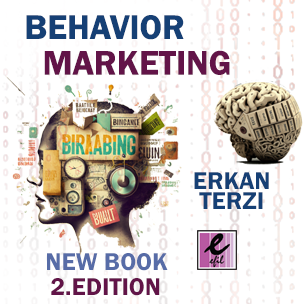Facebook—now known as Meta—has been a central player in the digital world for nearly two decades. Yet, in recent years, it has faced some of its most challenging moments. The most significant was in 2022, when the company suffered a $256 billion single-day loss in market value, marking a historic low.
Meta owns several major digital platforms, including Facebook, Instagram, and WhatsApp. But it’s particularly Facebook that’s struggling. A recent drop of half a million users is far from insignificant, and ongoing issues with data privacy, security, and user experience are undermining its once-dominant advertising model.
As user behavior continues to evolve and competitors like TikTok, Google, and Apple adopt newer technologies, Meta’s grip on the market is loosening. The company has poured substantial resources into building a metaverse ecosystem to recover lost momentum, but those same investments have contributed to declining valuations for its other platforms.
The rise of misinformation and fake news—much of which spreads through platforms like Facebook—also presents a growing concern for governments and societies around the world. During the COVID-19 pandemic, anti-vaccine narratives spread unchecked, likely contributing to real-world harm. Platforms like Facebook, YouTube, and Twitter faced heavy criticism, as content moderation efforts fell short in curbing these issues.
Meanwhile, Google—Meta’s primary rival in advertising—has continued to strengthen its position. Thanks to its seamless integration with its own suite of services and products, Google remains less dependent on external partners. Its independence and robust infrastructure have allowed it to keep growing, while privacy-focused updates from Apple (such as giving users the ability to limit tracking) hit Facebook particularly hard, leading to a 26% drop in Meta’s share value at one point.
Today, Meta and Google dominate digital advertising with highly advanced platforms. Their sophisticated data systems and algorithmic targeting offer brands unparalleled access to segmented audiences. From physical product retailers to healthcare service providers, these platforms consistently deliver performance. For example, during my time at Massive Bio, we tested numerous platforms to reach cancer patients—Google and Facebook outperformed all others, including Twitter, TikTok, and LinkedIn.
That said, the Facebook-Cambridge Analytica scandal remains a landmark moment. It exposed how easily personal data could be misused to manipulate public opinion—shaping not just individual choices but potentially the democratic process itself. The fact that this scandal made it to the courts, media headlines, and even Netflix documentaries is a clear indication of its impact.
Though Meta and Google operate differently, their goals are aligned: maximize user engagement and boost ad revenues. Their algorithms are designed to keep users hooked—often by serving content that reinforces existing beliefs. This echo chamber effect limits exposure to diverse perspectives and accelerates digital polarization. The dream that the internet would dissolve borders has, ironically, given way to narrower, more insulated information bubbles.
Despite its decline, Meta isn’t giving up. With Mark Zuckerberg at the helm, it’s likely to push forward with a bold plan to become a “super app” like China’s WeChat, integrating multiple services—messaging, shopping, payments—into a single Facebook ecosystem.
Google, meanwhile, remains rock solid. Its search dominance, Android infrastructure, and deep integration across platforms make it a giant that’s hard to shake. Recent geopolitical tensions and regulatory interventions (like U.S. fines against TikTok or Huawei’s loss of Android support) reveal the broader scope of these tech battles—it’s no longer just companies at war, but entire nations.
Ultimately, the rivalry between Meta and Google is more than just a clash of titans. It reflects a deeper shift in how society interacts, consumes information, and defines truth. The outcomes of this digital arms race will shape not only the tech industry but also the broader fabric of our digital lives.


